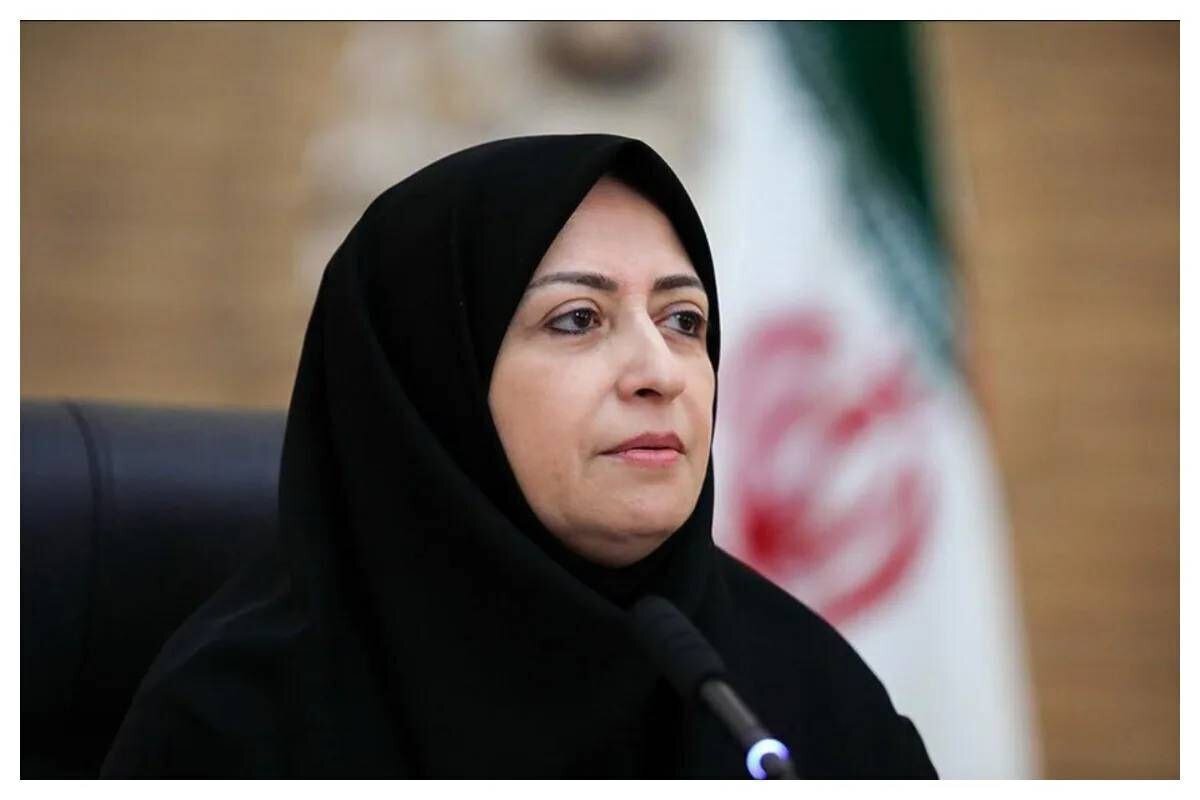Land subsidence, waste management main environmental challenges: head of DOE

TEHRAN –According to the head of the Department of Environment, Shina Ansari, controlling land subsidence and improving waste management are the two critical issues the country is facing.
Indiscriminate extraction of underground water reserves and failure to restore aquifers over the previous decades have led to land subsidence in the country, IRNA quoted Ansari as saying.
Successful global experiences in overcoming land subsidence show that land subsidence can be prevented by managing groundwater consumption, restoring aquifers, treating wastewater, and changing agricultural methods, the official noted.
Considering the extent of land subsidence across the country, which threatens national assets and leads to many environmental issues, the official proposed preparing a set of multifaceted and comprehensive national regulations on land subsidence.
These regulations will cover various sectors such as water, agriculture, industry, urban development, construction, historical monuments, power and fuel lines, water, and sewage.
The official also highlighted that inefficient waste management is one of the other important issues that result in significant environmental problems in Iran.
Improper management of municipal waste, improper waste disposal, poor separation practices as well as recycling contribute to negative environmental impacts on the country. It causes about 870 trillion rials (about 1.28 billion dollars) in damage to the environment and natural resources annually.
Due to the lack of mechanized waste transportation systems, a significant portion of the municipality’s budget is allocated to the first part of the waste management process, that is collection, which is not done properly, either.
Presently, 75 percent of produced municipal waste in the country is landfilled, of which 93 percent is disposed of in unsanitary dump sites.
The official proposed reviewing and updating waste management law which has been passed for over 2 decades. Ansari also asked the parliament members to support the administration in addressing these problems.
Landslide a main challenge
In August 2024, Ansari said landslides, and lack of water resources are being turned into significant challenges and concerning issues that require national consensus to be addressed effectively.
As water scarcity due to climate change intensifies, the landslide occurs, as well, Ansari stated. Nevertheless, there are different ways to address these problems like changing the agricultural cultivation practices.
Also, issuing licenses to water-consuming industries in arid and critical areas should be prohibited while implementing development plans should be highlighted.
Transboundary issues such as water rights and sand and dust storms can be followed up on by the Ministry of Foreign Affairs, she added.
The official went on to stress that the cooperation and participation of people are essential in addressing environmental challenges.
Strategic plan on waste management
The Department of Environment in cooperation with the ministries of industry, energy, oil, agriculture, and health, is obliged to develop a national strategic plan for waste management by the end of the first year of the seventh five-year national development plan that is March 20.
The strategic plan will focus on modifying the production and consumption patterns, minimizing waste production, and promoting waste segregation at source.
Large industries such as cement and steel are obliged to utilize solid fuels to meet part of their energy needs, particularly in peak demand.
Also, the Ministry of Energy is required to guarantee the purchase of the electricity generated from waste, and the Ministry of Oil is required to guarantee the purchase of or the issue of a sale license for liquid fuels produced from waste.
Moreover, the Ministry of Agriculture is required to guarantee the purchase of organic fertilizers made from recycled waste.
According to Mehdi Khadem-Sameni, an official with DOE, some 445 thousand tons of urban, rural, medical, agricultural, and industrial waste are generated per day, equalling 164 million tons per year, leading to land, water, and air pollution.
Converting waste into fertilizer and energy, using standard waste incinerators, and modern methods such as digesters and pyrolysis are among the known strategies used in the world for handling waste, but these methods do not exist in the country, he added.
The current methods used in the country for waste management are old, the official noted, regretting that up to 80 percent of the waste that can be recycled to be used for different purposes is discarded.
“Out of around 600 waste management centers across the country, just four to five are standardized. In other words, some 96 percent of the waste is just dumped in landfills.”
MT/MG
Leave a Comment